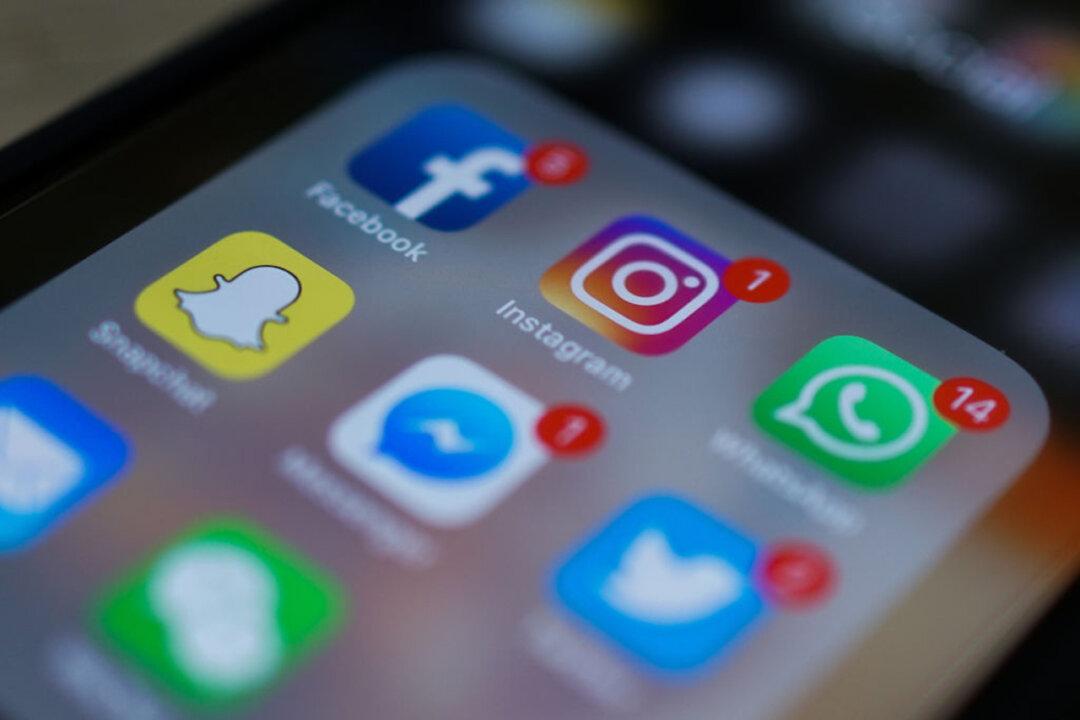Lawmakers are taking action on Facebook after a recent report revealed that the social media company is aware that its Instagram platform can be harmful to young girls’ mental health.
In a joint statement released Tuesday, Sens. Richard Blumenthal (D-Conn.) and Marsha Blackburn (R-Tenn.) said they are launching a bipartisan investigation into Facebook’s knowledge of the negative impact of the popular photo-sharing platform on teenage users.





